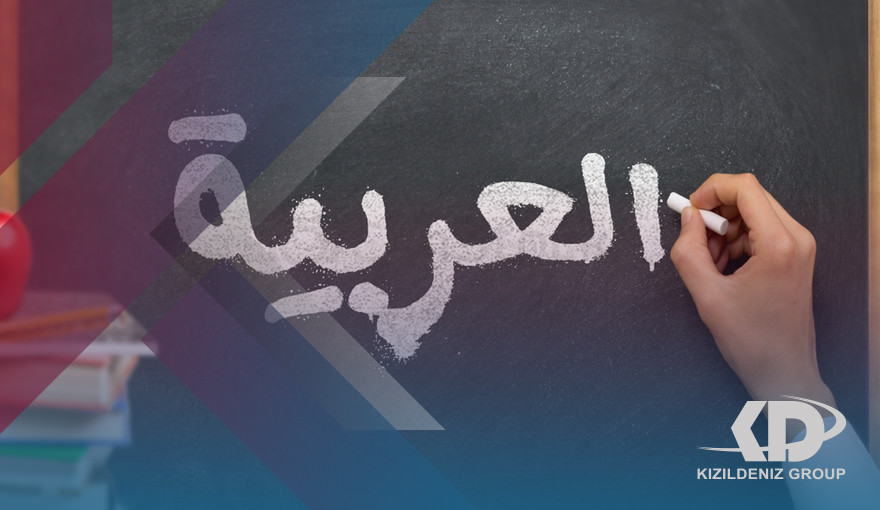What is the specialty of Teaching the Arabic Language specialization:
The Arabic language is the most spoken Semitic language, and one of the most widely spoken languages in the world, spoken by more than 467 million people and its speakers are distributed in the Arab world, in addition to many other neighboring regions such as Ahvas, Turkey, Chad, Mali, Senegal, Eritrea, Ethiopia, South Sudan and Iran. Thus, it occupies the fourth or fifth place in terms of the most widely spoken languages in the world, and it occupies the third place according to the number of countries that recognize it as an official language; It is recognized as an official language by 27 countries, and the fourth most widely used language on the Internet.
History of the Arabic Language teaching specialization:
It deals with the development of the Arabic language. The oldest Arabic text found is in the early first millennium BC, after Proto-Arabic separated from Middle Semitic at an unknown time. Proto-Arabic was most likely used in the southern Levant and northeastern Arabia. Then, evidence for the Arabic language abounded at the end of the first millennium BC through inscriptions in the Nabataean, Safiyyah and Hasma’i alphabets. As for the strict sense of the word, the history of the Arabic language began with records written in the Arabic language. The oldest written document is the Qur’anic manuscript written during the era of the Rashid Caliph Othman bin Affan (644-656).
Pre-Islamic poetry dating back to the sixth century was not written until the seventh and eighth centuries, when it was transmitted orally. Both the Qur'an and Arabic poetry formed the basis for linguists
Arabic in the eighth and ninth centuries to establish a system of education of high quality standards, which made the language
Arabic is a language of culture and science.
Arabic is the most common language of the Semitic language family and one of the six official languages of the United Nations. Currently, about 300 million people speak Arabic as their mother tongue or second language
In 22 Arab countries and many other countries in Asia and Africa. As one of the six most common languages in the world, it is the language of Islam. It is an international language, it ranks fifth in terms of the number of native speakers
The importance of studying the Arabic Language specialization:
The importance of the Arabic language stems from its great level; It is the language of the Noble Qur’an and the honorable Sunnah of the Prophet, and thus it is an integral part of the Islamic religion. Reading the Qur’an is one of the pillars of prayer, and prayer is one of the pillars of Islam. The Arabic language is the largest of the languages of the Semitic group, and it is also the most widespread language in the world; It is the mother tongue of more than 422 million people, and it is also a secondary language spoken by non-Arab Muslims, and Arabic speakers are widespread in the Arab world.
Subjects for the Arabic language specialization:
- Methods of reading Arabic texts
- morphology
- Grammer Science
- prosody
- Phonetics
- Pre-Islamic literature
- Poetry in the Islamic Era and the Umayyad Era
Fields of work for the Arabic language specialization:
- Teaching Arabic in schools, colleges, institutes, universities, and even in private lessons
- Proofreading
- It is possible to work in the field of journalism and media
- Writing, such as content writing, press writing, or handwriting
- Work in the field of scientific research
- Press Editing
- Radio and television
The best universities to study Arabic language teaching in Turkey:
Istanbul University In 2013, Istanbul University opened a department for postgraduate studies at the university to teach Islamic sciences
- Global University for Renewal
- University of Neelain
- Sultan Mehmed Al-Fateh University
- Yalova University
- Sabah Al-Din Zaim University
- 29 May University
The best universities to study Arabic language teaching in Germany:
- Universität Freiburg.
- Eberhard Karls Universität Tübingen.
- Technische Universität Dresden.
- Technische Universität Berlin
 FR
FR AR
AR
 Next one
Next one